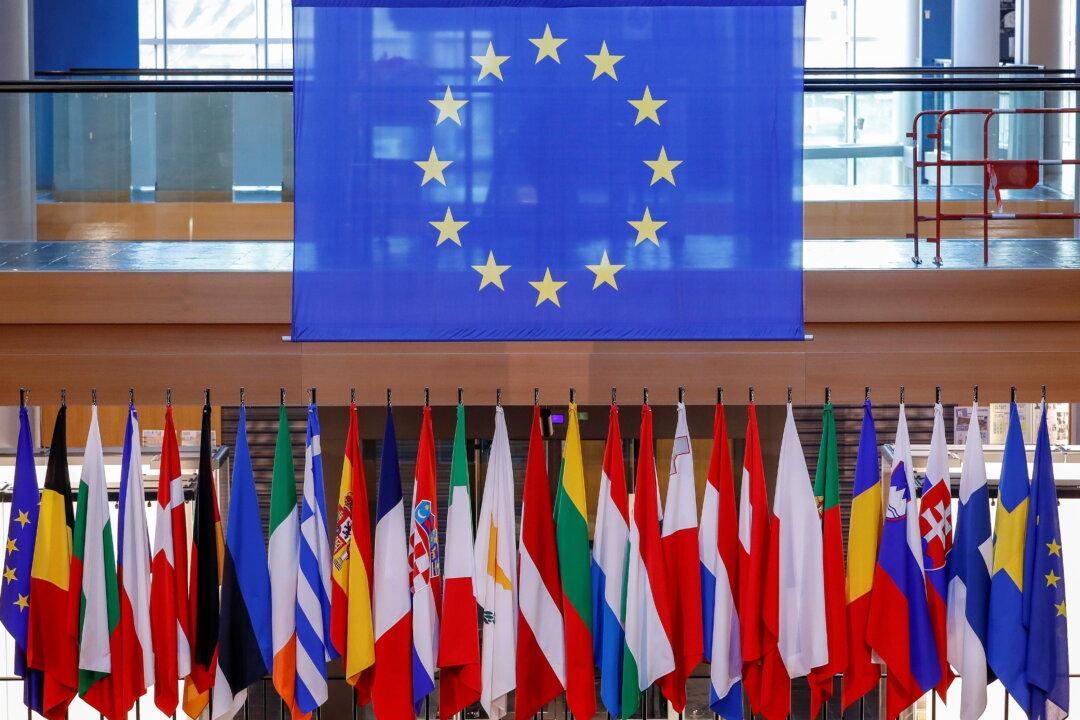News Analysis
As the European Union takes a bold, proactive approach to adding new members, it is trying to reform itself to handle the enlargement.

As the European Union takes a bold, proactive approach to adding new members, it is trying to reform itself to handle the enlargement.